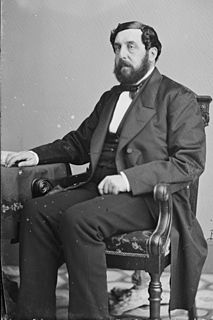A Quote by Albert Einstein
I think we have to safeguard ourselves against people who are a menace to others, quite apart from what may have motivated their deeds.
Related Quotes
Some are motivated by a desire to mould the law to expand the rights of the downtrodden, while other may be motivated by a desire to maintain the Status Quo. Some may even be motivated by a desire to protect what they perceive to be their class interest. And such motives may not always even be conscious to the judges.
The remarkable thing is that we really love our neighbor as ourselves: we do unto others as we do unto ourselves. We hate others when we hate ourselves. We are tolerant toward others when we tolerate ourselves. We forgive others when we forgive ourselves. We are prone to sacrifice others when we are ready to sacrifice ourselves.
We need to stop comparing ourselves to others, and stop patting ourselves on the back for attaining artificial measurements of spirituality. We need to take care that we do not think we are something we are not, or else we may deceive ourselves, setting ourselves up for rebuke in the future when we see Christ face to face
The misfortune of others is our misfortune. Our happiness is the happiness of others. To see ourselves in others and feel an inner oneness and sense of unity with them represents a fundamental revolution in the way we view and live our lives. Therefore, discriminating against another person is the same as discriminating against oneself. When we hurt another, we are hurting ourselves. And when we respect others, we respect and elevate our own lives as well.
Against the suffering which may come upon one from human relationships the readiest safeguard is voluntary isolation, keeping oneself aloof from other people. The happiness which can be achieved along this path is, as we see, the happiness of quietness. Against the dreaded external world one can only defend oneself by some kind of turning away from it, if one intends to solve the task by oneself.
I think that perhaps we always fall in love the very first instant we see the man of our dreams, even though, at the time, reason may be telling us otherwise, and we may fight against that instinct, hoping against hope that we won't win, until there comes a point when we allow ourselves to be vanquished by our feelings.
Today (1950), the hatred of the Moslem countries against the West is becoming hatred against Christianity itself. Although the statesmen have not yet taken it into account, there is still grave danger that the temporal power of Islam may return and, with it, the menace that it may shake off a West which has ceased to be Christian, and affirm itself as a great anti-Christian world Power.




































